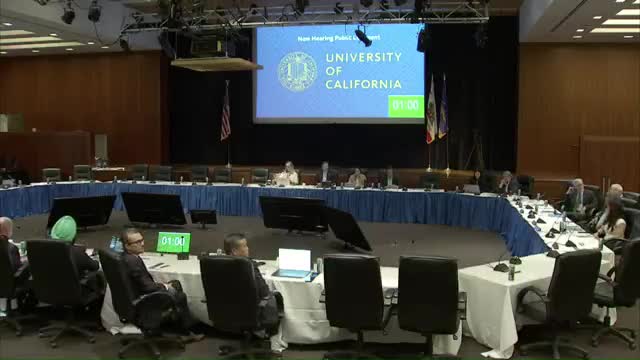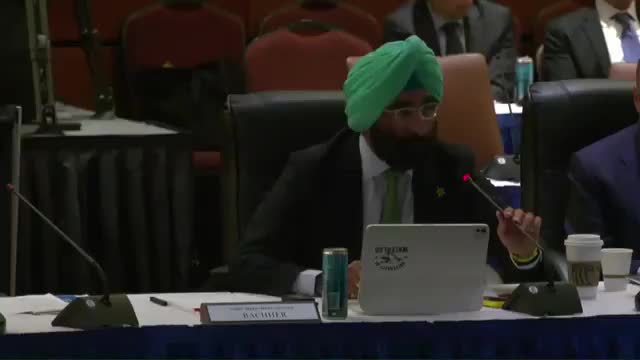Article not found
This article is no longer available. But don't worry—we've gathered other articles that discuss the same topic.

Children’s Hospital Oakland staff tell UC regents UCSF integration would cut pay, strip union

UC employees press regents for higher pay, stronger staffing and better hospital security

UC Investments reports fiscal‑year gains, flags inflation risks and liquidity advantages

